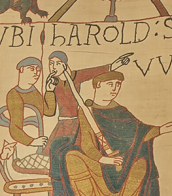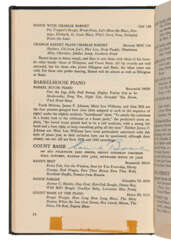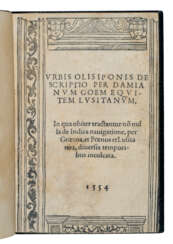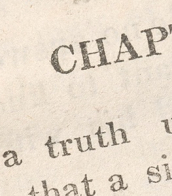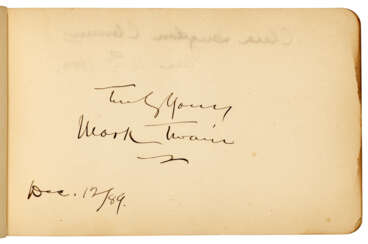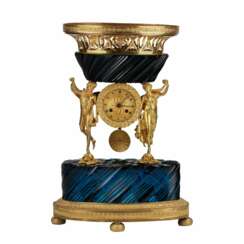luminarys
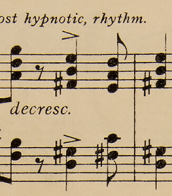
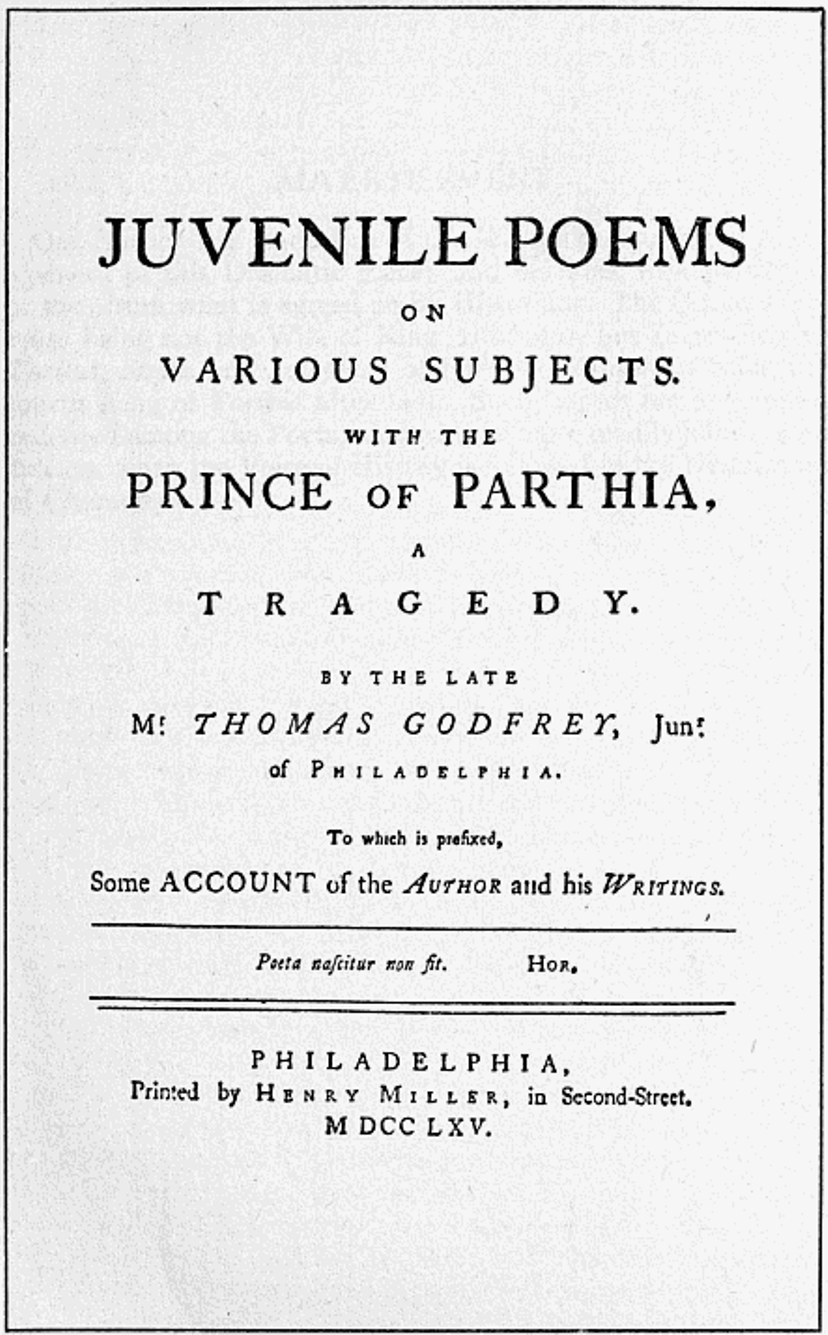
Thomas Godfrey, Jr. was an American poet and playwright.
Thomas Godfrey's father was the inventor of the quadrant and one of the first members of the American Philosophical Society, organized by Benjamin Franklin. Having been home educated and graduated from the Philadelphia Academy, the young Godfrey was first interested in painting, but soon switched to poetry.
Thomas Godfrey lived only 26 years, but left a bright mark in the history of the young country. He managed to write a play-tragedy about ancient times, "The Parthian Prince", which was published in the United States after his death, in 1765. It was staged by an American troupe in Philadelphia on April 24, 1767. This play was significant in that it was the first play written by a native-born American and staged by professionals.
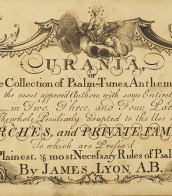
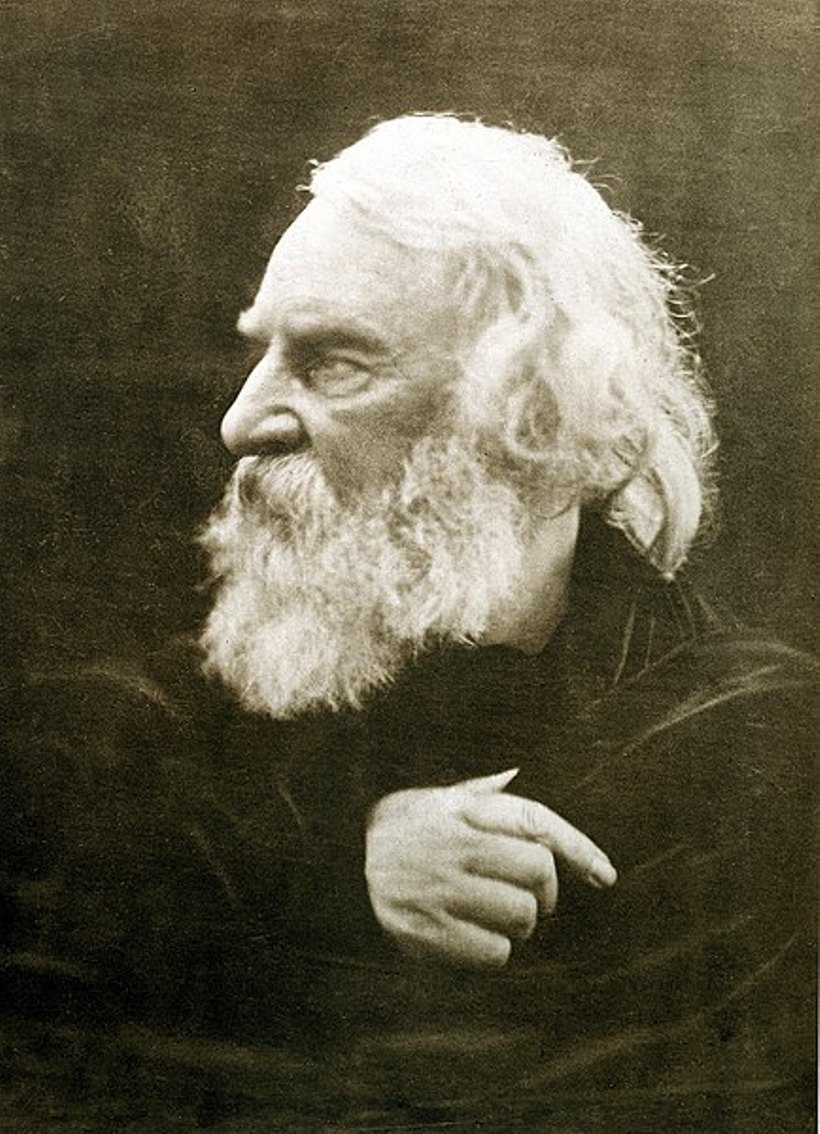
Henry Wadsworth Longfellow was the most popular American poet of the nineteenth century.
Longfellow is one of the most revered poets in the United States. His poems "Paul Revere's Ride", "Evangeline", "The Tale of Acadia" (1847) and "Psalm of Life" were included in elementary and high school curricula and have long been remembered by generations of readers who studied them as children. Longfellow revitalized American literary life by linking American poetry to European traditions outside of England.
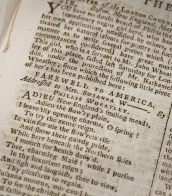
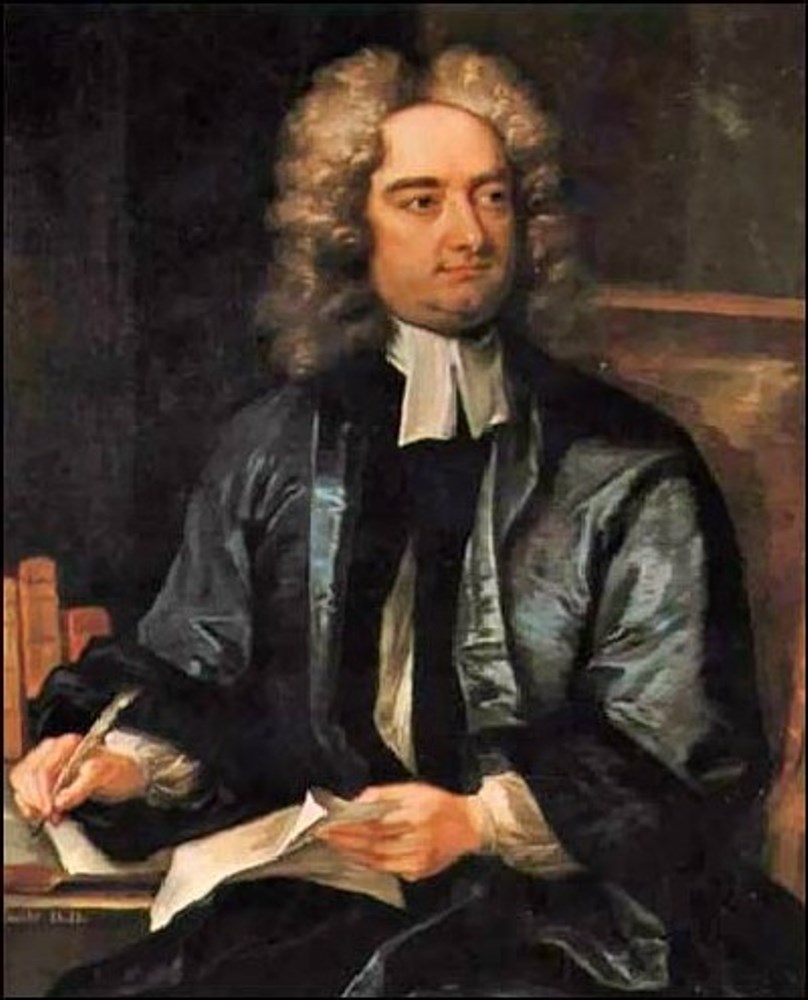
Jonathan Swift was a British-Irish writer, essayist, philosopher, and author of the world-famous satirical novel Gulliver's Travels.
Swift also wrote numerous works, including The Tale of the Barrel (1704), An Argument Against the Abolition of Christianity (1712), and A Modest Proposal (1729). Almost all of Swift's satirical works were published anonymously, giving the author wide latitude in expressing his talent as a satirist.
Swift was a clergyman, made a career in London, became the chief pamphleteer and political writer of the Tories and headed the Tory journal "The Inspector", and then returned to Ireland, where he created his major life's work.
The four-part novel Gulliver's Travels, Jonathan Swift's greatest satire, was first published in 1726 and has since been reprinted hundreds of times in many languages around the world. The author describes in an engaging style the different races and societies that Gulliver encounters on his travels to ridicule the many errors, follies, weaknesses and vices to which people and society at large are subject. The author's boundless imagination, bitter irony, keen intellect and brilliant language give this work a world-class scope.

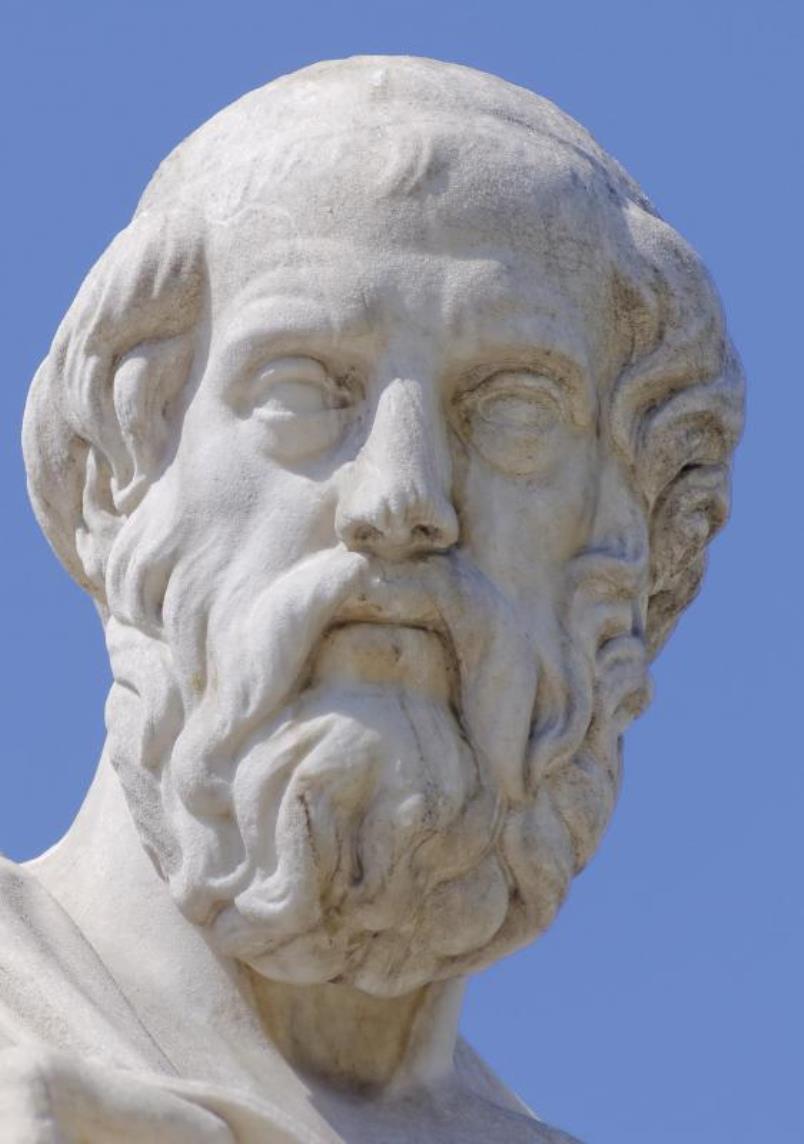
Isocrates was an ancient Athenian orator, tutor, and writer.
He was born shortly before the outbreak of the Peloponnesian War (431-404 BC), and the turbulent life of the time directed the young Isocrates to write speeches for court appearances and politicians. His works were a success, and in 390 BC he founded a school whose students included prominent men from all over the Greek world. Isocrates' political beliefs caused a clash of interests with another demagogue, the famous anti-Macedonian Demosthenes (c. 384-322 BC). Moreover, Isocrates' beliefs, which were propagated through his school, also caused quarrels with other prominent figures in Greek philosophy, Plato (428/427-348/347 BC) and later Aristotle (384-322 BC).
Isocrates invested the wealth he had accumulated over time in the Athenian navy, earning him the title of trierarch. Having a reputation as a benefactor of Athens, he strove to be a moral educator as well. His most famous works, including Against the Sophists, Antidozis, Panegyric, To Philip, and Panatheneikus, provided this thinker with recognition from both ancient and modern audiences. The writings of Isocrates are an important historical source of information about the intellectual and political life of Athens in his time.

.jpeg)
Sir John Frederick William Herschel, 1st Baronet was a British astronomer and son of the Uranus discoverer Wilhelm Herschel. He is credited with the first double star and nebula catalogues of the southern starry sky, which he observed during a five-year stay near Cape Town.

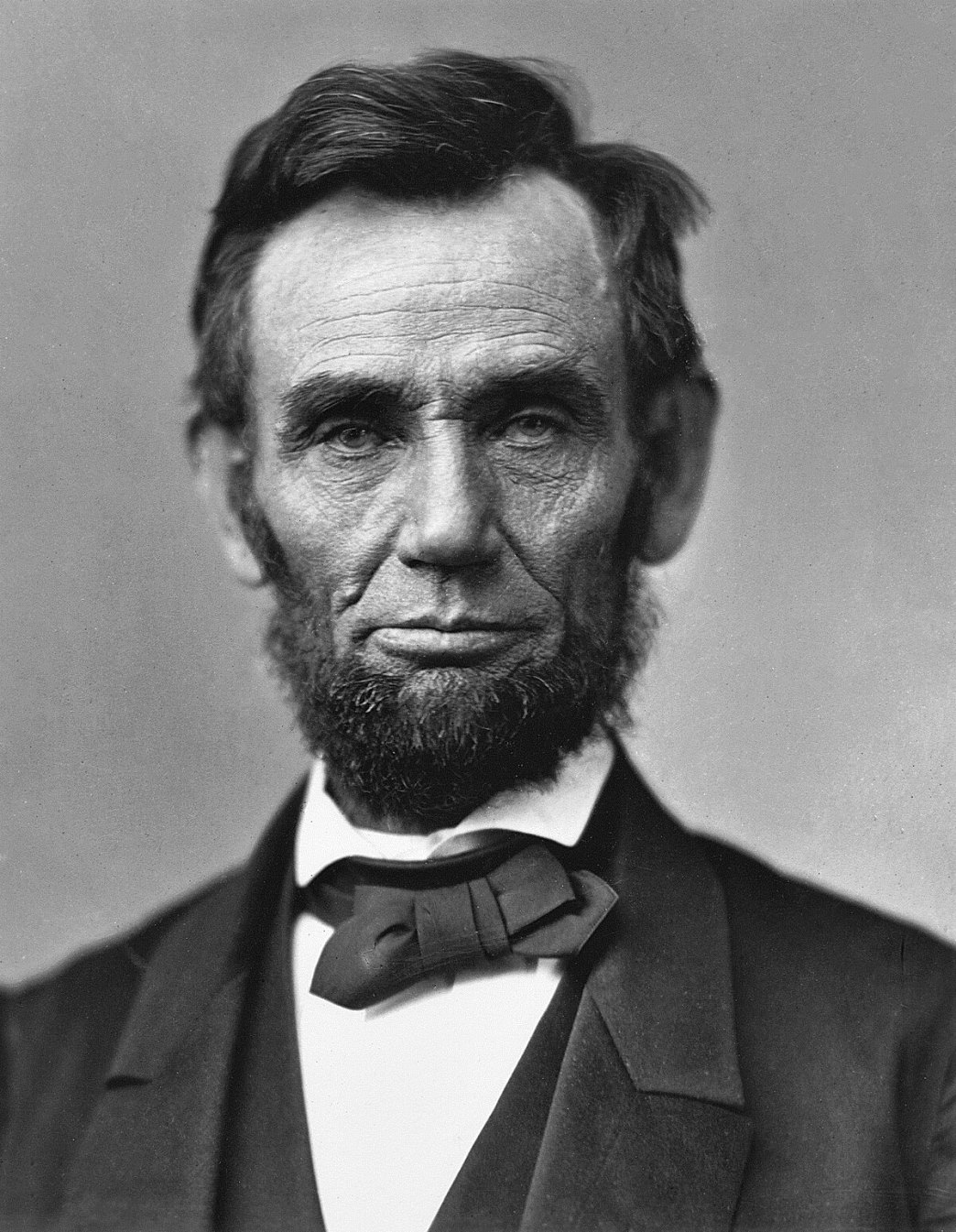
Abraham Lincoln was an American statesman and politician, the 16th President of the United States (March 4, 1861 - April 15, 1865).
The son of a frontiersman and a Kentucky farmer, Lincoln worked hard from an early age and struggled to learn. He was a militiaman in the Indian War, practiced law, and sat in the Illinois legislature for eight years. He was an opponent of slavery and gradually gained a national reputation that earned him victory in the 1860 presidential election.
After becoming the 16th president of the United States, Abraham Lincoln turned the Republican Party into a strong national organization. In addition, he drew most Northern Democrats to the Union side. On January 1, 1863, he issued the Emancipation Proclamation, which declared permanently free those slaves who were in Confederate territory. Lincoln considered secession illegal and was prepared to use force to defend federal law and the Union. Four more slave states joined the Confederacy, but four remained in the Union, and the Civil War of 1861-1865 began.
Lincoln personally directed the military action that led to victory over the Confederacy. Abraham Lincoln was reelected in 1864, and on April 14, 1865, he was fatally shot at Ford's Theatre in Washington, D.C. by actor John Wilkes Booth.
Abraham Lincoln is a national hero of the American people, he is considered one of the best and most famous presidents of the United States until today.

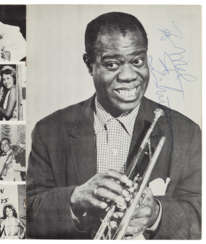




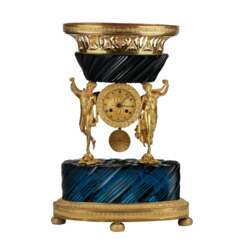


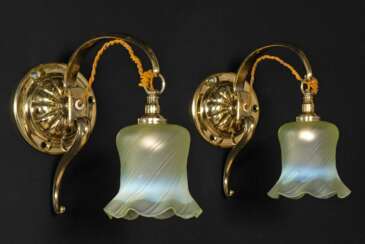


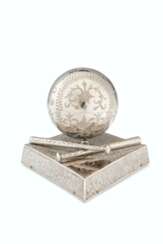

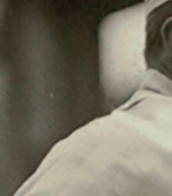
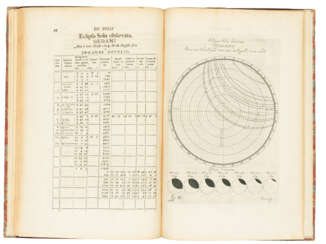


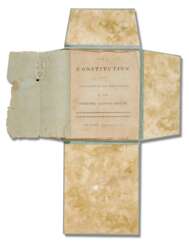

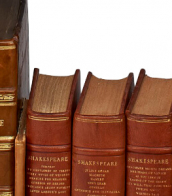
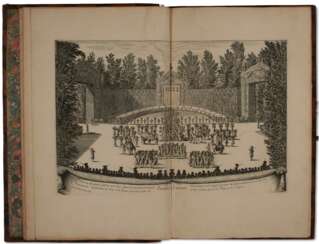



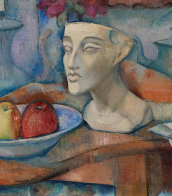
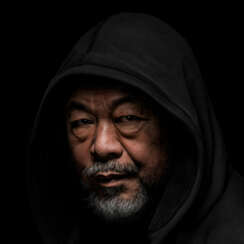







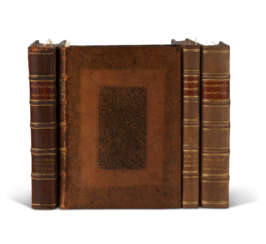

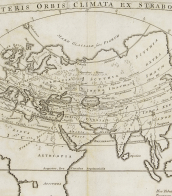
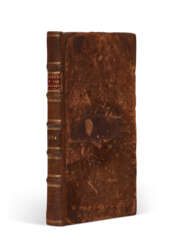

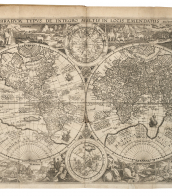
![[DARWIN, Charles (1809-1882)] – [Attributed to:] Julia Margaret Cameron (1815-1879)](/assets/image/picture_2585527/245a1/353a5e0d82fcabc1c69c7430eb21359b1670972400jpg__fix_374_244.jpeg)
![[DARWIN, Charles (1809-1882)] – [Attributed to:] Julia Margaret Cameron (1815-1879)](https://veryimportantlot.com/assets/image/picture_2585527/245a1/353a5e0d82fcabc1c69c7430eb21359b1670972400jpg__fix_374_244.jpeg)

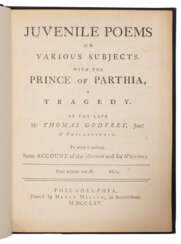

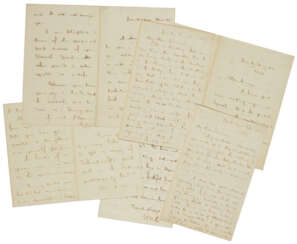

![[SWIFT, Jonathan (1667-1745)]](/assets/image/picture_2944301/6f1ce/50fd953de9e14bb4ed4d212b185a9fdf1689112800jpg__fix_374_244.jpeg)
![[SWIFT, Jonathan (1667-1745)]](https://veryimportantlot.com/assets/image/picture_2944301/6f1ce/50fd953de9e14bb4ed4d212b185a9fdf1689112800jpg__fix_374_244.jpeg)


